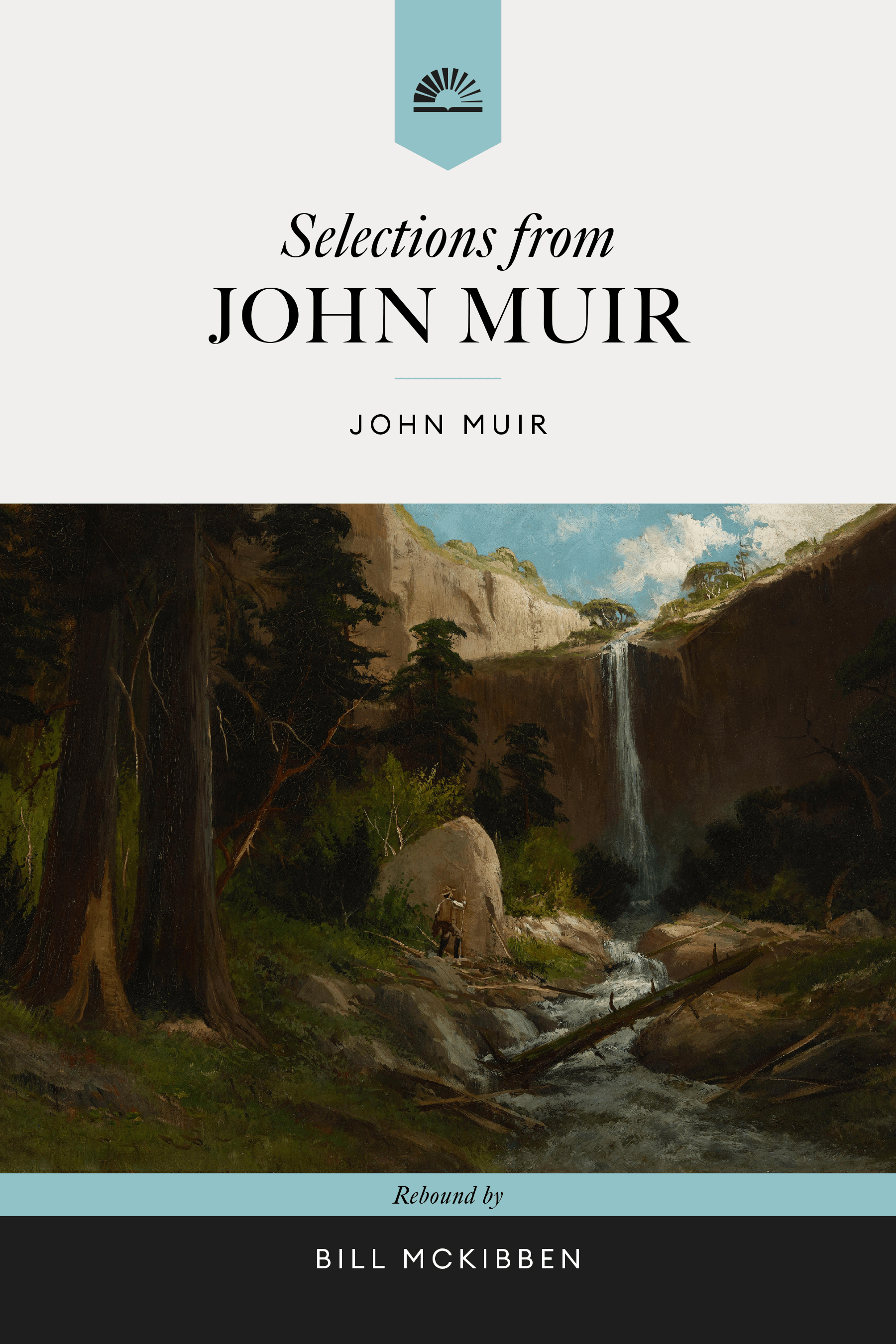John Muir was a Scottish-American naturalist, author, and pioneering environmental philosopher whose work laid the foundation for the modern conservation movement. Born in Scotland, Muir immigrated to the United States as a child. His lifelong passion for nature was sparked by his early experiences exploring the American wilderness, and he became a tireless advocate for preserving its pristine beauty.
Muir's efforts were instrumental in the establishment of several national parks, most notably Yosemite National Park. His advocacy extended beyond the written word—he co-founded the Sierra Club in 1892, an organization that continues to champion environmental stewardship. His books remain touchstones in environmental literature, blending detailed observations of the natural world with spiritual and philosophical insights.
Muir's legacy endures in today's environmental discourse, inspiring activists, policymakers, and nature enthusiasts alike. His vision of wilderness as a source of spiritual renewal and ecological necessity continues to resonate in an era of increasing environmental challenges. By advocating for the protection of wild spaces during the Industrial Revolution, a period marked by rapid expansion and exploitation of natural resources, Muir's work established a critical framework for balancing development with preservation.






